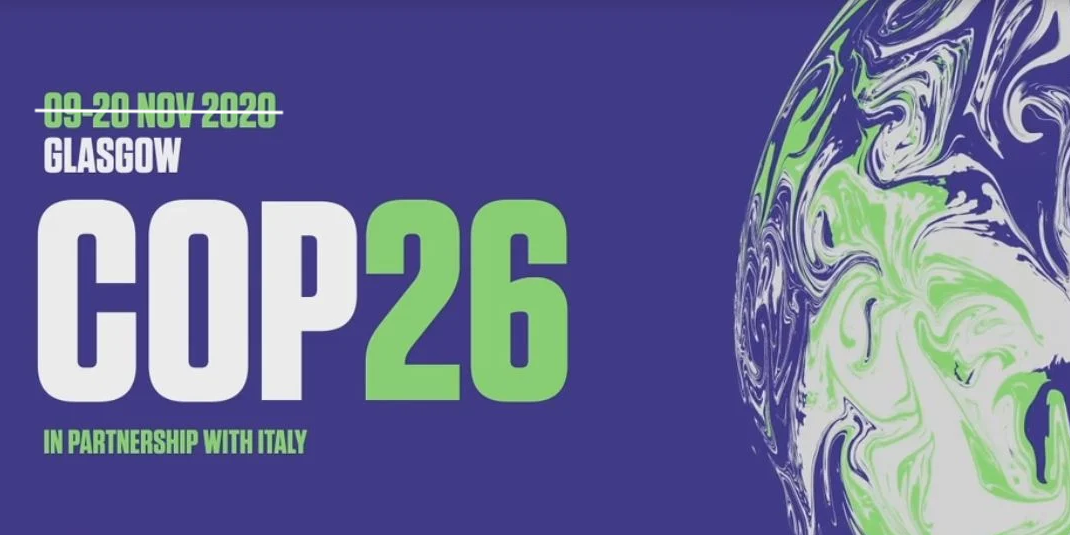(English bellow)
A causa de la pandemia Covid-19 se ha anunciado la postergación de la Conferencia de las Partes de las Naciones Unidas sobre el Cambio Climático (UNFCCC), que debía ocurrir en noviembre de este año. Desde la Sociedad Civil por la Acción Climática (SCAC) apoyamos esta decisión y consideramos que está a la altura de la crisis sanitaria que enfrentamos. Pero ¿Estaremos a la altura para enfrentar la crisis climática y ecológica?
Esta postergación, no es sinónimo de que los Estados puedan dejar de lado sus compromisos climáticos ni ambientales. La vulnerabilidad frente al cambio climático y la contaminación atmosférica nos hace más sensibles a este tipo de emergencias: Comunidades sin agua, como La Ligua y Petorca, no pueden cumplir con los mínimos de higiene necesarios y las personas que viven en zonas de sacrificio ambiental, como Coronel, Quintero, Puchuncaví y Ventanas, por mencionar solo algunas, se verán afectadas más gravemente al ser más susceptibles a padecer problemas respiratorios.
Esta crisis sanitaria está relacionada con la destrucción de la naturaleza y la pérdida de hábitats naturales de las otras especies; con la forma en la que nos alimentamos y conseguimos ese alimento y también en cómo nos entendemos como sociedad. Es por eso que hay que abordarla desde todos esos lugares.
Así mismo, las medidas de reactivación económica que pensemos, deben reconocer la oportunidad para acelerar la transición económica hacia un modelo centrado en el cuidado de las personas, la preservación de la vida y la una relación armónica entre la sociedad y el medio ambiente, avanzando hacia una sociedad más justa y equitativa. Es por ello que el proceso que enfrentamos no puede sacrificar los compromisos climáticos ni vulnerar los derechos humanos, debe enraizarse en ellos y utilizarlos como punto de partida.
Sería una enorme contradicción, en medio de esta crisis sanitaria así como en un futuro escenario de reactivación económica, que el Estado rescate empresas contaminantes, que dañen el medioambiente o vulneren derechos. Los recursos estatales se deben invertir en apoyar emprendimientos limpios, generar empleos en sectores compatibles con la salud y compromisos climáticos, en fomentar la investigación aplicada sobre los efectos antrópicos en nuestro territorio, con transferencia educativa hacia nuestras comunidades.
Este año no habrá COP 26, pero es el momento para que las naciones del mundo se replanteen sus compromisos y tal vez el mecanismo que se está utilizando para alcanzarlo, ya que en 26 años de negociaciones, seguimos estando muy atrás en lo que se requiere para mantener el calentamiento global por debajo de los 1,5ºC.
Esta crisis marcará un nuevo comienzo, en el que tenemos la oportunidad de acelerar las medidas para la preservación ambiental, el cuidado de la naturaleza y de las personas, lo cual será clave para seguir escribiendo la historia de la humanidad.
Descargar declaración:
2.04.20 Declaración SCAC- Pandemia y crisis climática
***
SCAC statement in face of the postponement of COP 26
Pandemic and climate crisis, challenges for a new social pact
Product of the Covid-19 pandemic, the postponement of the United Nations Climate Change Conference (Conference of the Parties, COP), which was scheduled to take place in November of this year, has been announced. From the Civil Society for Climate Action (SCAC) we support this decision and consider that it is up to the health crisis we are facing. But will we be up to the challenge of the climate and ecological crisis?
This postponement is not synonymous with states being able to set aside their climate or environmental commitments. Vulnerability to climate change and air pollution makes us more sensitive to this kind of emergency: Communities without water, such as La Ligua and Petorca, cannot comply with the minimum hygiene requirements, and the people who live in areas of environmental sacrifice, such as Coronel, Quintero, Puchuncaví and Ventanas, among others, will be more severely affected as they are more susceptible to suffer respiratory problems.
This sanitary crisis is related to the destruction of nature and the loss of natural habitats of other species; the way in which we feed and produce that food; and also in how we understand ourselves as a society. That is why this crisis must be approached from all those places.
Likewise, the economic reactivation measures that we consider must recognize the opportunity to accelerate the economic transition towards a model focused on the caring for people, preservation of life and a harmonious relationship between humanity and the environment, advancing to a fairer and more equitable society. That is why the process we are facing cannot sacrifice climate commitments or violate human rights, it must take root in them and use them as a starting point.
It would be a huge contradiction that in the midst of this health crisis, as well as in a future scenario of economic reactivation, that the State rescue polluting companies that harm the environment or transgress human rights. Public resources must be invested in supporting clean ventures, the generation of jobs in sectors compatible with health and climate commitments, and in promoting applied research on anthropogenic effects in our territory, including an educational transfer to our communities.
This year will not be a COP 26, but it is the time for the nations of the world to rethink their commitments and perhaps the mecanism that is being used to achieve it, because in 26 years of negotiations, we still are still far behind in what is requierd to keep global warming below 1.5ºC.
This crisis will mark a new beginning, in which we have the opportunity to accelerate measures for environmental preservation and care for nature and people, which will be key to continue writing the history of humanity.
SCAC statement before postponement of COP 26







